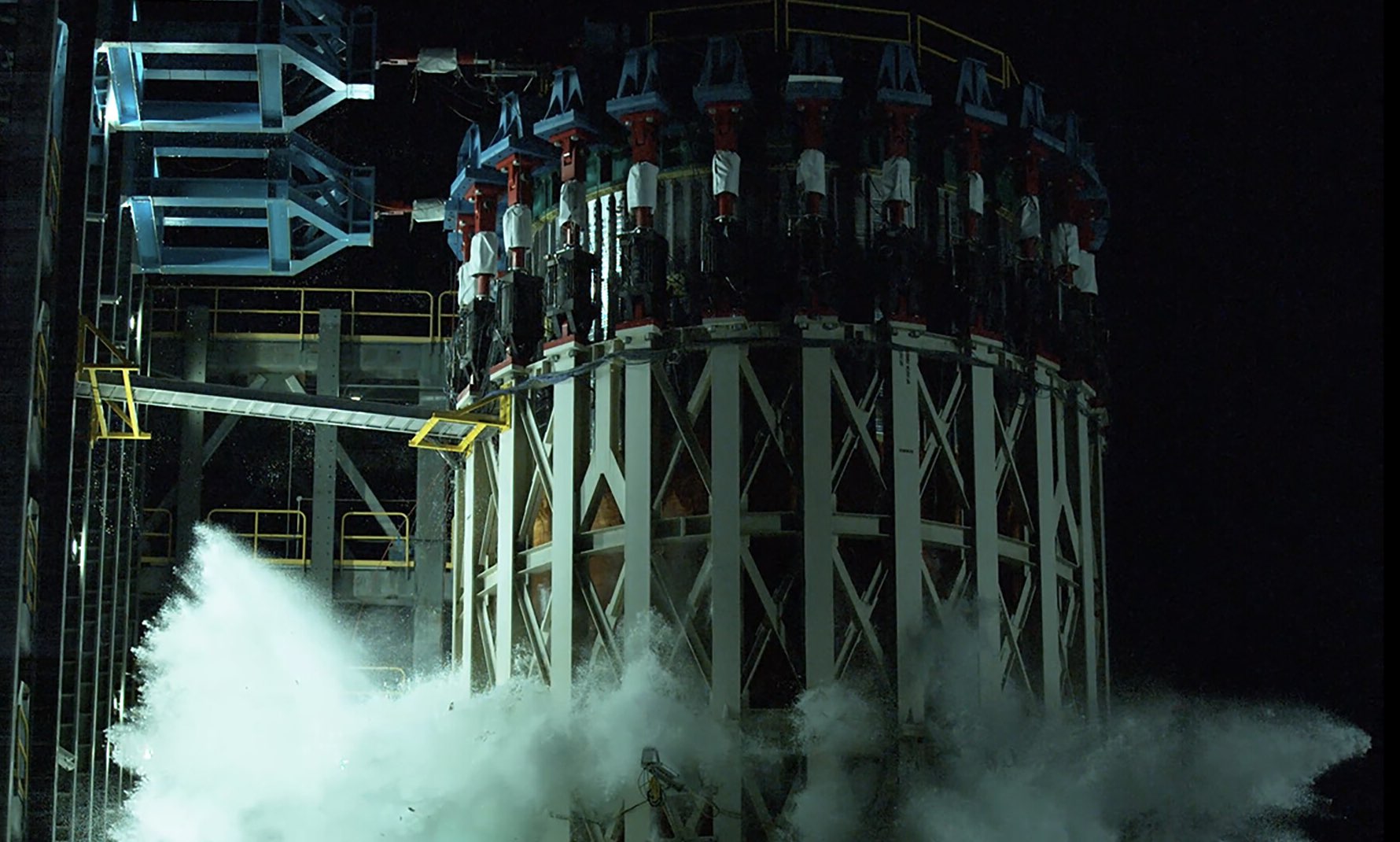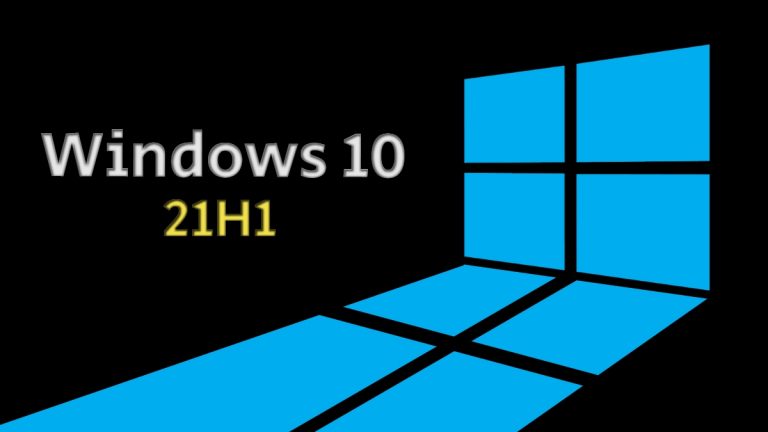Space SPACs Failed in 2021 – What to Expect Next?

Marked growth in the space industry from 2019 to mid-2021 had investors excited. The industry seemed to be opening up for huge commercial growth and new investment potential. Much of this growth was associated with the rise of investment in SPACs, or Special Purpose Acquisition Companies, across the space industry.
However, as we enter 2022, many of the space companies that were developed as SPACs have seen their prices drop. This trend has been noticed across the sector and has coincided with widespread questions about the legitimacy and reliability of SPACs and their potential for growth. Space companies like Astra Space (down around 48% from its starting price), Momentus (-85%), Farmer’s Edge (-87%), Redwire (-55%), and more have seen their prices dip. As more space SPAC prices continue to show worrying signs of decline, we examine some of the problems surrounding SPACs and what this might mean for future space investment.
Benefits and risks of SPACs to keep in mind
SPACs refer to Special Purpose Acquisition Companies which are set up to allow existing companies to purchase or merge with another organization. At the time of investment in SPACs, investors (and sometimes SPACs managers) do not have a clear idea of the target purchase. For instance, a manager may start a SPAC with the purpose of investing in the space industry with only a vague idea of which space company they plan to acquire. This means that investors do not know what they are investing in when they put their money down. For this reason, SPACs are also sometimes referred to as Blank Cheque Companies.
Benefits of SPACs
SPACs are useful for companies or managers who have expertise in a certain field and want to expand their ventures. They can be highly successful if a profitable merger between two companies is already on the cards in an industry that has guaranteed demand.
SPACs cannot use the money invested for anything other than a merger or acquisition. They also have only two years to carry out this transaction; otherwise, any money invested is returned to the investors. This makes them a fast, targeted way to achieve an already established goal. SPACs are often faster and easier to set up than other types of public companies because they bypass much of the legal due process that comes with entering public markets.
Risks of SPACs
However, this lack of due diligence and legal regulation is also one of the main risks associated with SPACs. SPACs also suffer from the fact that there is often little information available to the investors before they buy their shares. In some cases, this can lead to fraudulent practices.
Recently there has been a spate of litigations brought against SPACs. These litigations are usually on behalf of investors who feel that they have been misled about the terms of their investment. Weak requirements for mergers are also often brought up as a specific problem with SPACs.
SPACs are also often endorsed or invested in by celebrities. This can skew public perception of the fund and give the impression of success before this has been tested on the market. Celebrity endorsement can also influence people’s investment decisions when the fund is made public and can cause people to invest in things without enough knowledge of the risks involved.
Fraud accusations and other legal cases
A rise in litigations against SPACs in 2021 has also dented confidence in this type of investment. In 2021, there were 22 cases brought against SPAC firms, and 21 of these included accusations that were associated with fraud. Worryingly, this seems to be nothing new with SPACs. In 2019, 12% of SPACs that were made public or involved in mergers were brought to court due to suspicions of fraudulent behaviour.
One famous case is the litigation brought against Immunovant (a pharmaceutical company) and Nikola (a tech firm), who were involved in a de-SPAC merger. On investigation, it was alleged that neither company had undertaken the proper due diligence before the merger took place. Nikola’s stock prices also plummeted after the merger due to failings in the process.
Another well-known litigation case was brought against PureCycle Technologies. This case was brought on the basis that the company had given investors inaccurate financial projections before they bought into the SPAC. Cases have also been brought against companies for not giving accurate financial records to SPAC investors before purchase.
Space SPAC companies
Space SPACs are no exception when it comes to frequent litigations. In fact, several space companies came under legal scrutiny in 2021. Some examples of these cases include:
Momentus
In 2021, Momentus, a company that specializes in in-space transportation, was forced to pay a settlement of $80 million because of problems with a SPAC merger. They were accused of not disclosing technical problems with their products and security measures before the investing company, Stable Road, made their purchase. However, Stable Road was also forced to pay settlements because they did not carry out the necessary legal checks before the acquisition.
AST SpaceMobile
AST SpaceMobile also faced litigation from disgruntled investors in 2021. It was argued that they failed to give investors satisfactory information before an acquisition was decided upon.
Astra
Another common problem with SPACs is the failure to accurately predict demand for a product. A 2021 case brought against Astra claimed that they had exaggerated their likely output, causing them to underperform by around 35%. The company was also accused of massively overspending over several quarters.
Redwire
Finally, a case was brought against Redwire in 2021 due to a lack of transparency. Redwire had failed to provide investors with accurate information about their financial reports. The case started in December 2021 and is still ongoing.
To Sum Up
Despite their recent popularity, many experts now agree that investment in SPACs is highly risky. Investing in SPACs can often lead to disappointment when firms underperform. Therefore, investors should proceed with caution and should be aware that due diligence and legal processes tend to be lax in this area.





